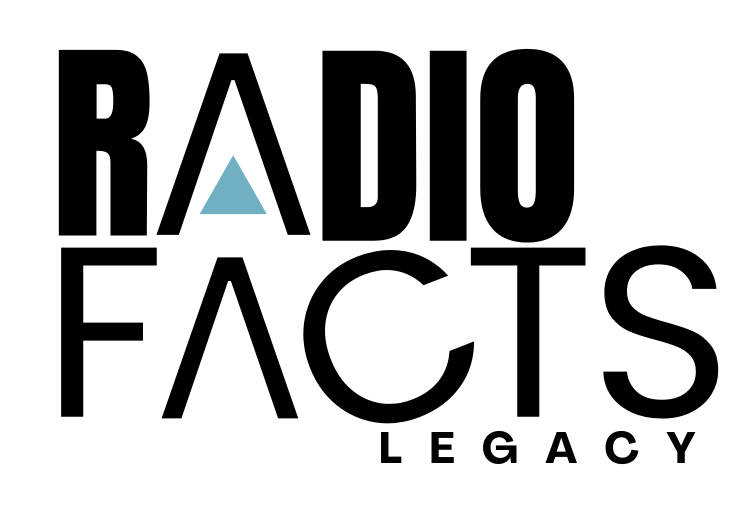Joe Budden makes some very interesting points here about the music industry. We agree that the independents are in the best position and entrepreneurs are ahead of the curve. What do you think?

Title: Unveiling the Truth: Joe Budden Exposes the Music Industry’s Financial Struggles
In a recent episode of his podcast, Joe Budden pulled back the curtain on the harsh reality of the music industry, dding light on the financial struggles faced by many artists. In a candid conversation, he delved into various aspects of the industry, revealing alarming insights and sparking a conversation about its future trajectory.
Introduction: The glamorous facade of the music industry often conceals the financial hardships endured by its artists. Joe Budden, a prominent figure in the hip-hop world, recently took to his podcast to challenge the prevailing narrative and expose the harsh realities faced by musicians.
Unveiling Financial Realities:
Budden’s revelations cut through the glitz and glamour, asserting that most artists are not reaping the financial rewards one might expect. He boldly stated that many of our favorite artists are “phito and finid,” suggesting that they are not making significant profits from their music endeavors.
The Rise of Streaming and AI:
Central to Budden’s critique is the industry’s shift towards streaming and AI-generated music. He argues that traditional musicianship is being sidelined in favor of cost-effective alternatives, leaving artists struggling to monetize their craft in a rapidly evolving landscape.
Exploitative Contracts and Layoffs:
Budden also called out major labels for their exploitative practices, citing deceptive contracts and widespread layoffs as evidence of a profit-driven agenda. He warns of a future where artists are rendered expendable in the face of advancing technology and cost-cutting measures.
The Emergence of AI-generated Music:
A particularly alarming revelation was Budden’s discussion on the emergence of AI-generated music. He highlighted past failures and current developments, suggesting that this technology poses a significant threat to traditional artists’ livelihoods.
The Case for Cover Songs:
Amidst the gloomy forecast, Budden offered a glimmer of hope in the form of cover songs. He argued that the practice of covering songs could breathe new life into the industry, supporting human songwriters and refreshing familiar tunes.
Conclusion: Joe Budden’s bold exposé has ignited a crucial conversation about the state of the music industry. His insights serve as a wake-up call, urging stakeholders to confront the harsh realities faced by artists and chart a more equitable future. As the industry continues to evolve, it is imperative that we prioritize the well-being of musicians and ensure that they receive fair compensation for their artistry.


